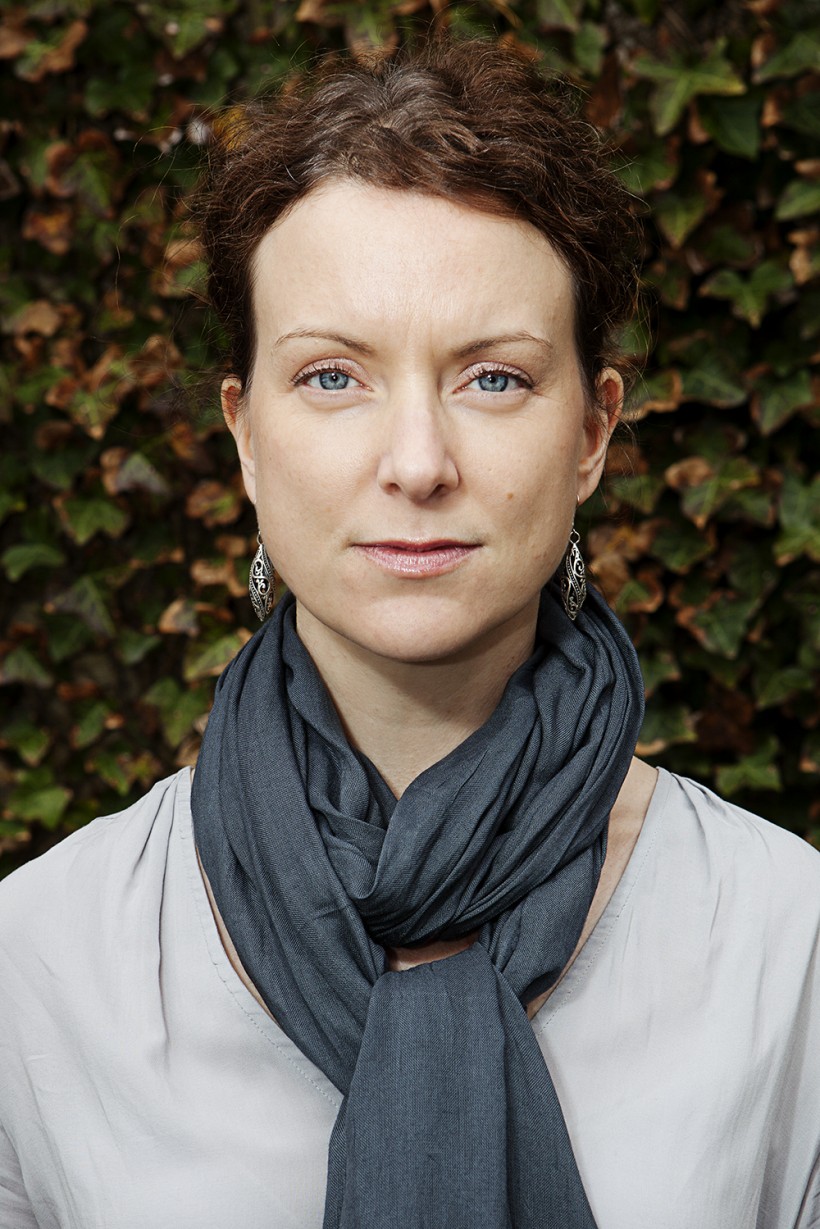There’s a common misconception that you have to be naive or idealistic to create a socially responsible business.
In fact, establishing social credentials makes sound business sense, believes Kristy O’Leary, co-founder and lead impact strategist at Halifax communications agency Scout & Burrow.
“Lots of people think that because you want to create social change you’re some kind of flake,” O’Leary said as she sat in the May Street office that still feels new 11 months after the agency opened.
“But companies need to look at their social and environmental impact. Studies show that more than 80 per cent of consumers want to know what companies are doing to make the world better.”
O’Leary and co-founder Carly Murray established Scout & Burrow in August last year with the aim of helping businesses increase their impact for social good, and thus boost their customer base and their profits.
“It doesn’t matter what you did yesterday. Today, you can build a better company or organization,” she said.
“Advertising corporate social responsibility is powerful, so do it right and create impact. Then let people know about it.
“We scout for clients that demonstrate the will to be better,” she added. “It doesn’t matter what industry they work in.”
An increasingly popular way in which companies demonstrate their social responsibility is by acquiring B Corp (Benefit Corporation) status, O’Leary said.
A U.S.-based initiative, B Corp certification requires companies to demonstrate their commitment to social good by scoring at least 80 out of 200 in four key areas: workers, governance, environment and community.
Traditional companies score an average of 44.
O’Leary and Murray went ahead and acquired B Corp status for their own agency and now they assist many of their clients in the process. O’Leary said she believes Scout & Burrow to be the only B Corp certified marketing group east of Toronto and the only female-led B Corp in the Maritimes.
“B Corp matters because it’s a third party saying you’re not green washing or social washing,” she said.
“You can’t fake it. Of our for-profit clients, 100 per cent are going for B Corp certification. A year ago, no one in Nova Scotia knew what B Corp was, but it’s starting to filter into consciousness.
“We’re aiming for 10 new B Corps in Nova Scotia by the end of the year,” she continued. “At the moment, there are just four — us, Common Good Solutions, Maritime Tidal Energy and EcoAdvisors.”
Many companies take several attempts to achieve B Corp status. But weakness in one area can be offset by strength in another. For example, a tire maker can increase their score by developing community projects.
Originally from Smiths Falls, a small town in Ontario, O’Leary, now 36, has been in Nova Scotia for nearly 11 years.
Her parents ran a general store which was decimated by the arrival of big-box stores, she says. Jobs were lost in the town when big businesses closed local operations.
That background gave her a natural interest in social justice which she developed initially through art.
She was a NSCAD artist-in-residence and completed an archiving project that documented the changes caused by climate change and witnessed by seniors on Nova Scotia’s South Shore.
In 2008, she entered the advertising world, cutting her teeth on food and energy clients. “I wanted to help consumers make choices on an ethical level,” she said.
She and Murray are still bootstrapping their business and have been assisted by completing the B4 Change accelerator program for social entrepreneurs at the Pond-Deshpande Centre at the University of New Brunswick.
“There is a lot of interest in our process and we are working on our first companies that have huge scalable potential. We are going to change the game,” she said, her eyes brightening at the thought.










